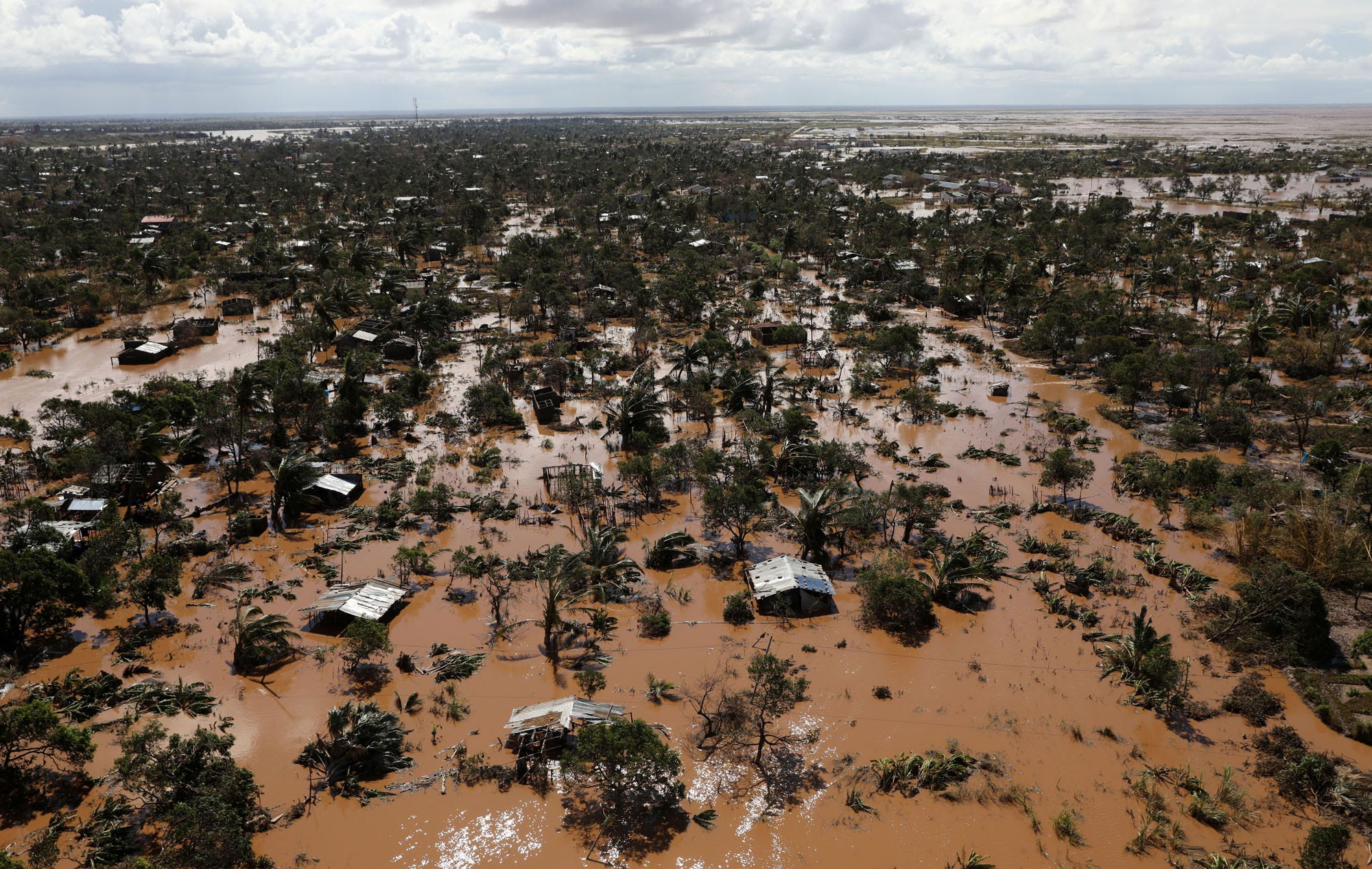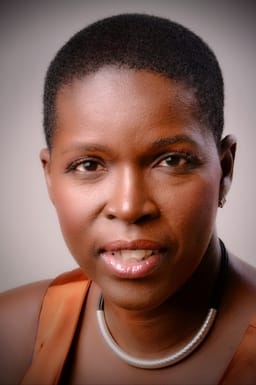The Empathy Gap
Climate Inequality & Indifference
🤓 Bite-Sized Knurd: The climate crisis is accelerating and will bring more suffering than we can recognize right now. It’s important that we are empathetic of all who will be impacted, not just those that look like us.
Read on for more…
Climate Inequality & Indifference
Did you know that an entire city in Mozambique was wiped off the map by a cyclone in 2019?
The coastal city of Beira developed a master plan to fortify the city and its infrastructure for climate disaster by 2035. They were planning ahead more than any Western city was (or is).
Unfortunately, it was too little too late, cyclone Idai flattened the city three years later. 90% of the buildings were lost and yet I had no idea it was the first city to be destroyed by human-caused climate change.
Why is that?

It’s the Empathy Gap
Simply put, the empathy gap is the gap between relating to someone’s suffering based on how similar they are to you.
There are a few factors involved with how you relate to people: where you live, your skin color, your gender, and your class will all impact how much empathy you have for another.
For example, a wildfire in Sonoma is going to cause more empathy than a drought in Ethiopia.
Class and race play a large factor given our learned prejudices. The assumption is that poor people have suffered already so they’re more able to handle other suffering and less needing of our empathy. That could not be further from the truth.
The empathy gap is especially prevalent in Western media.
The Ukrainian War is a perfect example. There is no doubt that the suffering in Ukraine is unimaginably tragic AND wars in the Middle East like the Syrian war are just as tragic. Yet, Western media portrays Ukrainian refugees and fighters as “heroes”, while Syrian refugees were vilified for possibly being “terrorists.”
Mitigating Suffering
Unfortunately, the climate crisis is accelerating and our leaders are doing nothing to mitigate the incoming destruction and suffering.
I don’t say that lightly, but I call it out because it’s something we all need to prepare for.
One of the hidden harms of the climate crisis will be emotional. Suicide and depression will rise as more people wake up to the reality of the crisis and the rampant inaction by our leaders.
In fact, I would go as far to say, we need to be the exact opposite of the empathy gap. We should have more empathy for those that don’t look like us. The climate crisis will have a disproportionate impact on the global South as well as Black and brown people in the United States. We should be empathizing and protecting those most vulnerable to this threat.
The Good Knurd:
Now's your chance to join in on the action! Thoughtful ways to influence change within yourself and your local community.
- 🤔 Thought Starter: What has been your experience of the climate crisis? Have you experienced record wildfires, extreme cold, extreme heat? What about around the world? Are you aware of the impact of climate change in other countries?
- 📚Read: Climate Change Is Racist: Race, Privilege and the Struggle for Climate Justice by Jeremy Williams
We’d love to hear your thoughts. Leave a comment to share your perspective.
Up Next:
the roots of change media Newsletter
Join the newsletter to receive the latest updates in your inbox.



